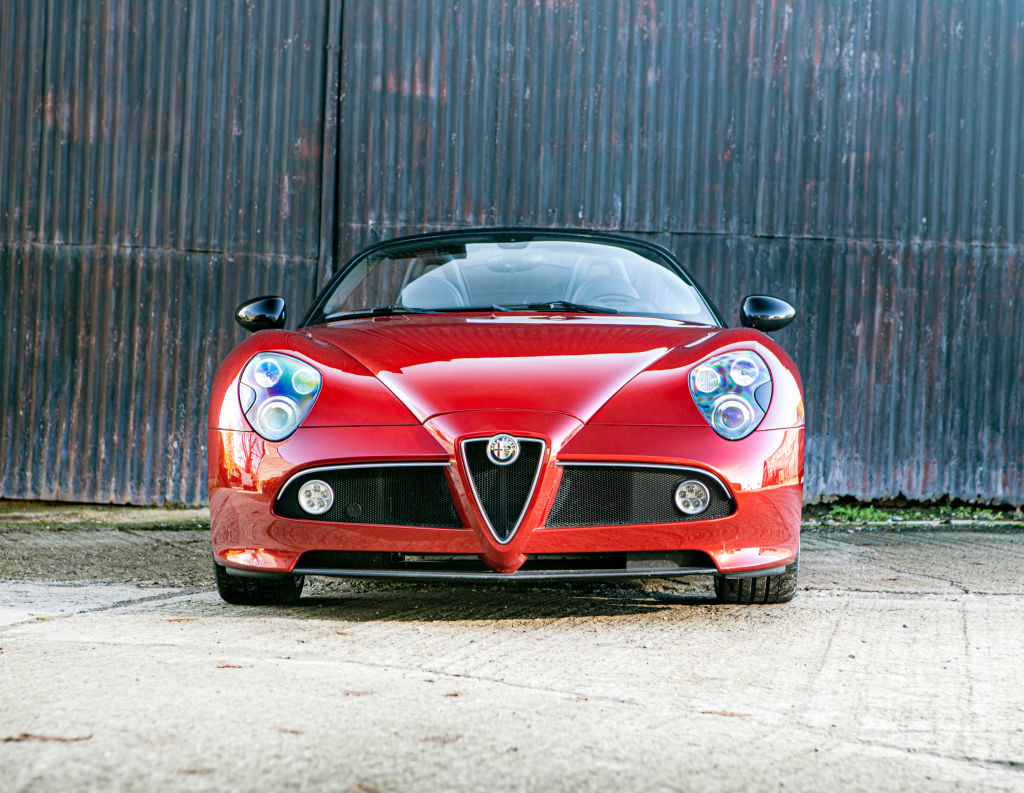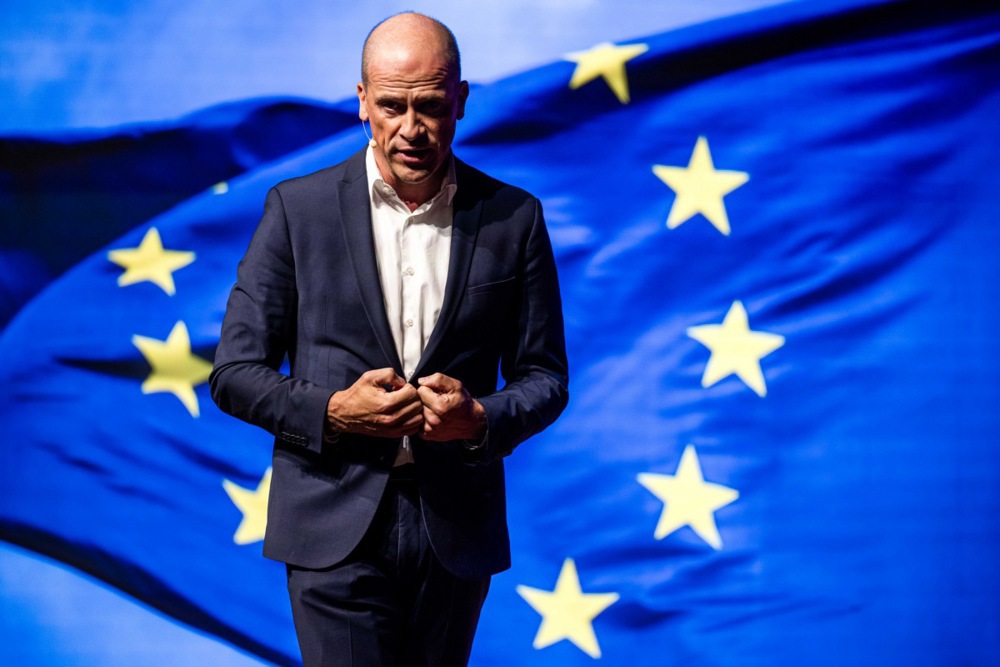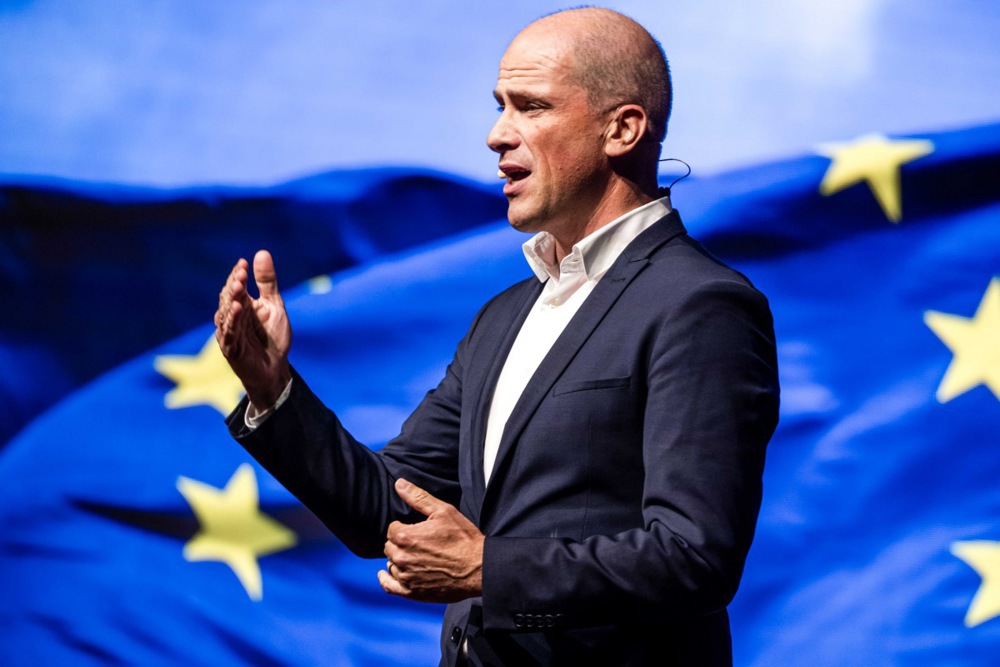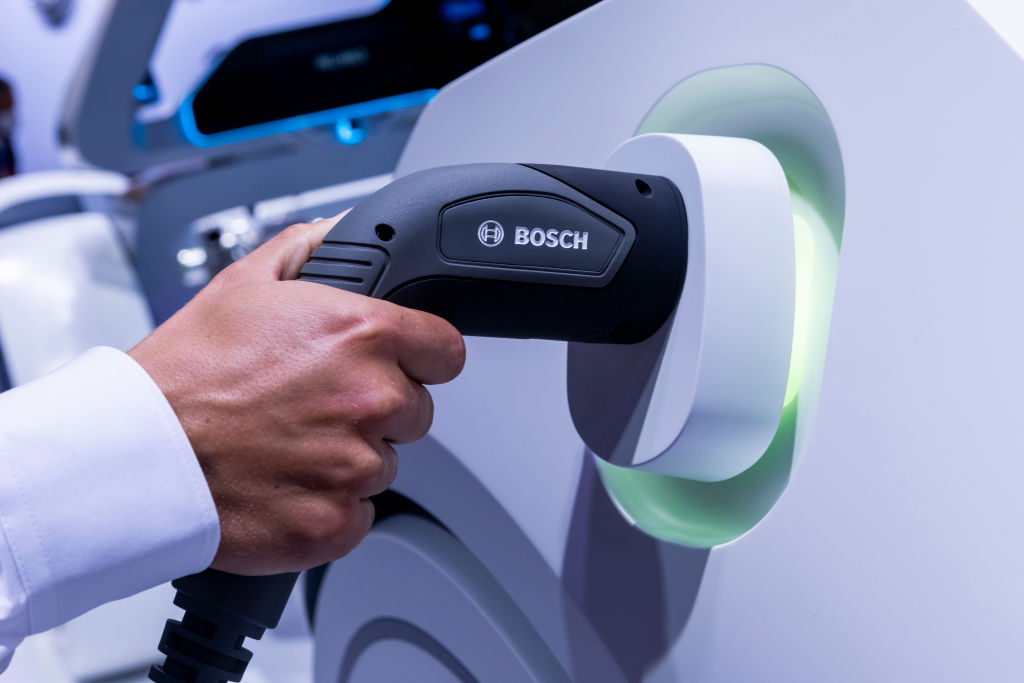Luxembourg-based multinational steel manufacturer ArcelorMittal said it was delaying big investment programmes in Europe, citing uncertainties over European Union regulatory directives.
According to the second-largest steelmaker in the world, more measures needed to be taken by the European Commission to protect European steel before it made any further investment.
ArcelorMittal obtained €850 million in subsidies from the French Government in January this year to fund its €1.7 billion decarbonisation investment programme through to 2030 at its French facilities in Dunkirk and Fos-sur-Mer.
French unions were already sounding the alarm in September, worried about the risk of loss of production capacity and job cuts.
Reacting to questions about postponing investments, the multinational told Reuters: “We are operating in a difficult market and there are a number of policy uncertainties that are impacting the industry.
“We need an effective carbon border adjustment mechanism, as well as more robust trade defence measures, to strengthen the business case,” it added.
On November 19, the multinational said two other sites in France were up for “possible” closure, due to a “difficult economic context”.
ArcelorMittal is also waiting for the EC’s decision regarding the proposed Steel and Metals Action Plan designed to ensure internationally competitive and climate-neutral steel production, it said.
Union leader Gaëtan Lecocq said: “We made commitments with COP21 [2015 UN Climate Change Conference] for the decarbonisation of a third of our site and if we do nothing, in 2030 we know that we are doomed”.
If the Dunkirk site falls in the next few years, there will be a domino effect, according to the unions.
The Franco-Indian group ArcelorMittal employs 15,350 people in France
In the face of increased competition, primarily from China, European steelmakers — among the largest global CO2 polluters — are under pressure to reduce their greenhouse gas emissions.
That is apparently causing them to slow or curtail investments in Europe.
They are being pushed towards “green” hydrogen produced through renewable energy sources such as wind, solar and hydropower, to split water molecules into hydrogen and oxygen via electrolysis. This process does not emit carbon dioxide or other greenhouse gases but it is still a developing technology and highly costly.
ArcelorMittal is said to be asking the EC for measures to protect the European steel industry before committing to major investments to reduce emissions.
Next to the slowdown in France, ArcelorMittal also cast doubt over a similar investment at its Ghent site in Belgium.
The local Flemish Government increased its investment there from €350 million to €600 million, promoting the project as the future, capable of producing “Europe’s greenest steel”.
All told, the value of the Ghent investment so far stands at €2 billion.
The plan was to exchange the current coal-based ovens with “direct reduced iron” (DRI) installations, which produce far fewer emissions. Now, ArcelorMittal said it only planned to install a limited number of the required electric ovens in Europe.
Its announced DRI projects are in France (Dunkirk), Belgium (Ghent), Spain (Gijon), and Germany (Bremen). They could enable the company to transition from coal to natural gas and hydrogen, reducing its emissions on the continent by 35 per cent by 2030. All these projects have been put on hold for an indefinite period.
European steelmakers are faced with an economic slowdown on the continent but are also feeling the effects of the influx of Chinese steel on the market at discount prices, far below European prices.
All across Europe, steel factories have closed or been sold off.
ArcelorMittal said it was also waiting for the new EC team to take shape. EC President Ursula von der Leyen has promised to present a plan for the European steel industry within the first 100 days of her second stint that began in July.
Commission spokeswoman Johanna Bernsel told Brussels Signal: “The Commission does not comment on decisions taken by individual companies.”
She added: “As indicated in the mission letter, the executive Vice-President-designate for Prosperity and Industrial Strategy was tasked to develop a Steel and Metals Action Plan. The more concrete plan will be developed when the next Commission has taken office.”
In late September, speaking to Belgian magazine Trends, the CEO of ArcelorMittal Europe, Geert Van Poelvoorde, said the steel industry was fighting for its survival and that “if the sector shrinks by less than 30 per cent in Europe, then we’ll get away well”.
He continued: “The survival of the European steel industry will now depend on what governments are willing to do.”
Van Poelvoorde noted that Chinese steel was subsidised and said that Brussels should put tariffs on its product.
Additionally, car manufacturing, one of the main markets for steelmakers, in Europe is taking a nosedive as it battles with green demands and Chinese competition in the electric vehicles market.
Another issue is the European Emission Trading System and the Carbon Border Adjustment Mechanism (CBAM), further driving up the costs of European steel.
Brussels has said it aimed to increase emissions penalties rapidly, outpacing steelmakers’ ability to transition to new, cleaner production technologies.
That comes at a time when natural gas and clean electricity costs in Europe — needed to replace coal-fired energy production — are already more than double those in the US or China.
On November 25, German steelmaker Thyssenkrupp announced it would cut 11,000 jobs by 2030, almost halving its 27,000 workforce that is currently active.
By the end of the decade, 5,000 jobs are to be cut and a further 6,000 are to be outsourced to external service providers or through business sales. Compulsory redundancies are to be avoided. Production wise, the company will reduce its capacity by around 22 per cent.
Trade union IG Metall, which represents much of the workforce, described the plan as “a catastrophe” for employees.
In October, Thyssenkrupp announced it would pause its €3 billion “green” steel plan.
It made a loss of €1.5 billion in 2023, following a €2 billion loss the year before.
At the beginning of November, dozens of MEPs wrote a letter urging the EC to take action to save the European steelmaking industry.
“The European steel sector is in crisis and we urgently need a strong EU Steel and basic Metals Action Plan to safeguard the sector and thousands of jobs in Europe”, the letter read.
Steel producers are facing record low demand and mothballing and plant closures across Europe are said to be putting 300,000 direct jobs and 2.6 million indirect jobs at risk.





